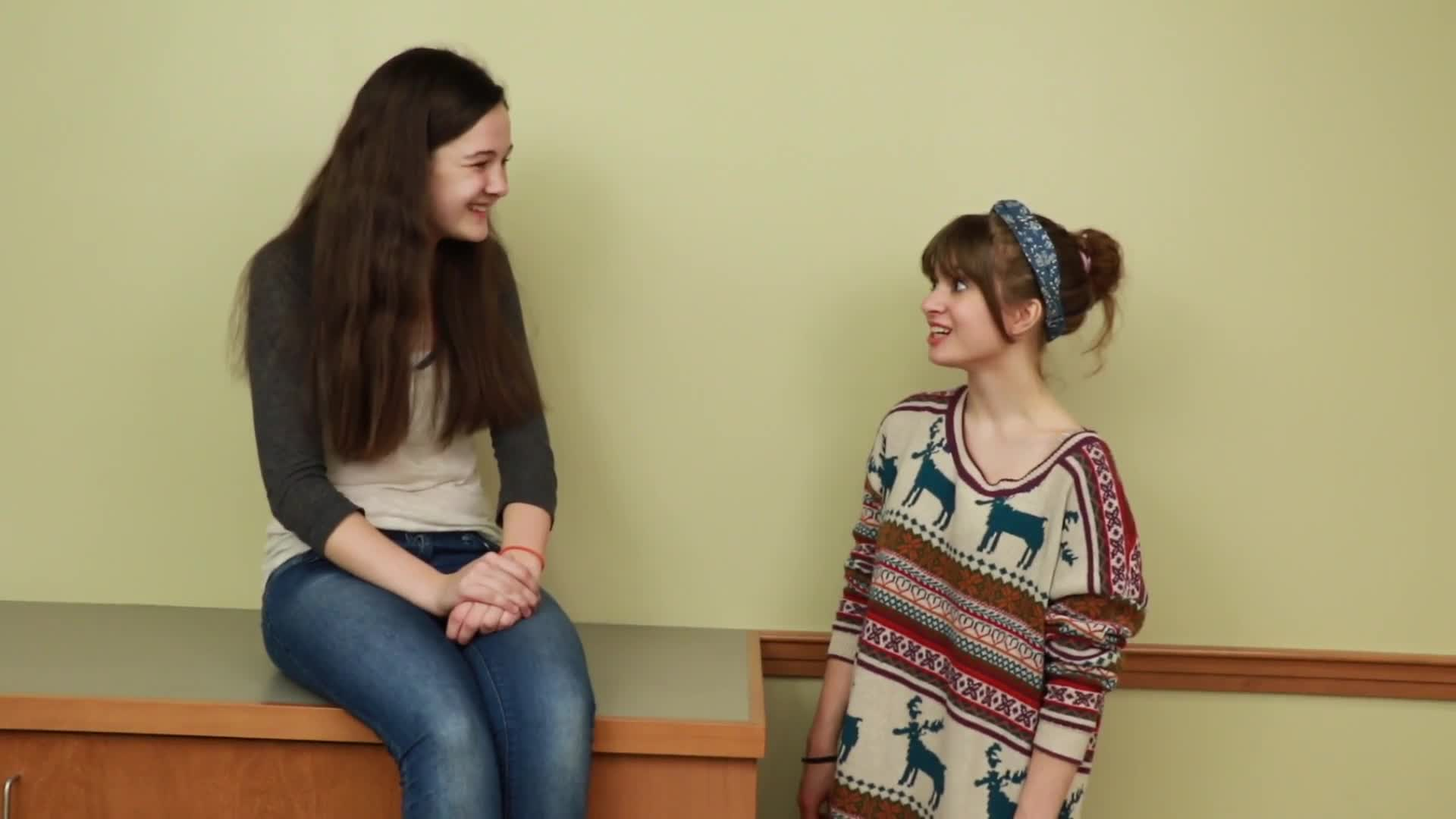Introduction
Teaching students the art of making plans with friends is an important aspect of Social-Emotional Learning. This skill empowers students to communicate effectively, consider the needs and preferences of others, and navigate the complexities of social situations. In this blog post, we will discuss an engaging no-prep activity, thought-provoking discussion questions, related skills, and how you can access free sample materials to further enhance your students’ learning experience.
No-Prep Activity
This activity is called “Plan a Fun Day Out” and requires no preparation or materials. Begin by dividing your students into pairs or small groups. Ask each group to imagine they are planning a fun day out with friends. They must consider the following aspects:
- Discuss and decide on an activity they all enjoy
- Choose a location for the activity
- Select a convenient time to meet
- Determine the mode of transportation
Allow the groups 10-15 minutes to plan their day out. Once the time is up, have each group present their plan to the class, highlighting how they made decisions together and considered each other’s preferences. This activity helps students practice communication, compromise, and empathy while making plans with friends.
Discussion Questions
Use these questions to stimulate further discussions about making plans with friends and the importance of Social-Emotional Learning:
- Why is it important to communicate effectively when making plans with friends?
- How can considering the needs and preferences of others strengthen friendships?
- What challenges might arise when making plans with friends, and how can we overcome them?
- How can making plans with friends help develop problem-solving and decision-making skills?
- What other Social-Emotional Learning skills are essential for successful friendships?
Related Skills
Beyond making plans with friends, there are several other related Social-Emotional Learning skills that can help students build stronger relationships and navigate social situations. These include:
- Active listening
- Conflict resolution
- Empathy and understanding
- Respecting boundaries and personal space
- Collaboration and teamwork
Teaching these skills in conjunction with making plans with friends will provide students with a well-rounded understanding of how to maintain healthy and supportive relationships.
Next Steps
To continue building on the skills discussed in this blog post, we encourage you to access free sample materials by signing up at Everyday Speech. These resources will provide you with engaging and effective tools to help your students develop essential Social-Emotional Learning skills. By incorporating these lessons into your teaching, you’ll be better equipped to guide your students in building strong friendships and thriving in social situations.






